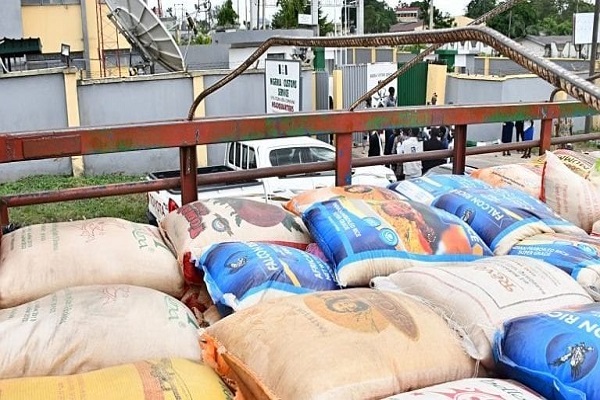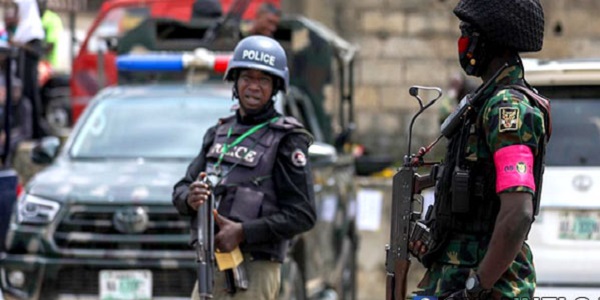When neighbours found Michelin Hunsa’s mother unconscious, they immediately called for help. But the 25-year-old recalls a harrowing two-hour wait before an ambulance arrived — a delay that could have proved fatal in a city of more than 20 million people served by barely 100 ambulances.
“It’s a serious problem, we waited far too long,” Hunsa told AFP. Her mother, who suffered a cerebral haemorrhage, ultimately survived.
Long waits are not unusual in Lagos, where notorious traffic jams, limited emergency fleets, and widespread distrust on the roads combine to slow ambulance response times. While political convoys regularly cut through gridlock with flashing sirens, actual emergency vehicles often find themselves stranded.
“Most people will not just want to leave the road, so it does affect our intervention time,” said Queen Soetan, a 33-year-old ambulance driver. Many drivers assume sirens are being misused, with one ride-share operator saying: “I’m sure most of the time they don’t transport real emergency cases, that’s why I don’t move.”
Official figures confirm the strain. The Lagos state government operates just 35 ambulances, while private operators provide another 80 to 90 — far below international guidelines and leaving the city with one ambulance per 200,000 people.
Eight Medical, a private firm founded in 2021 by Dr. Ibukun Tunde-Oni, runs 34 ambulances. He said the name reflects the global benchmark of eight minutes for emergency response — a goal still far out of reach in Lagos. Tunde-Oni was driven by personal tragedy after losing two uncles to inadequate ambulance care.
“No data exists on how many die waiting, but 100 ambulances for Lagos is not enough,” he said.
The shortage underscores Nigeria’s broader challenges: a booming population, underfunded public services, crumbling roads, and overstretched hospitals. The Global Cities Institute projects Lagos will become the world’s most populous city by 2100, with 88 million residents.
Authorities have experimented with alternatives. In 2022, Lagos launched a floating clinic and boat ambulance for its lagoon communities, but limited funding has stifled expansion. Officials say the priority remains boosting traditional fleets through public-private partnerships.
For now, however, stories like Hunsa’s remain far too common — reminders that in Africa’s largest city, survival in a medical emergency often comes down to time.




